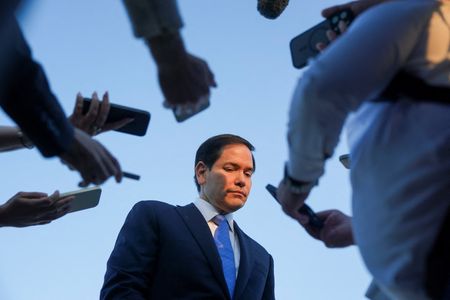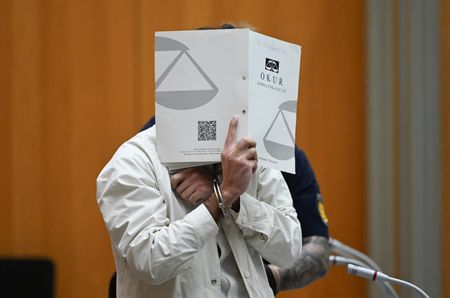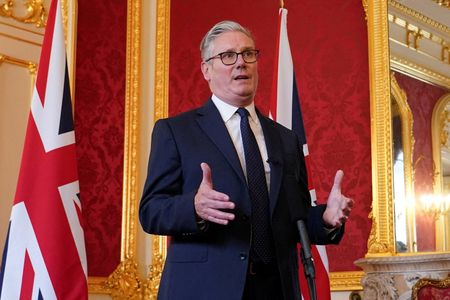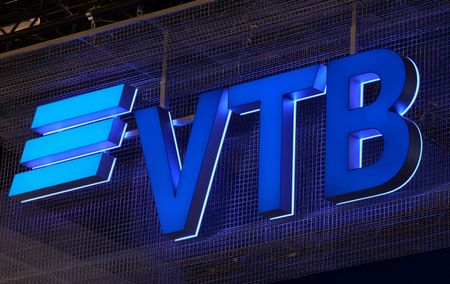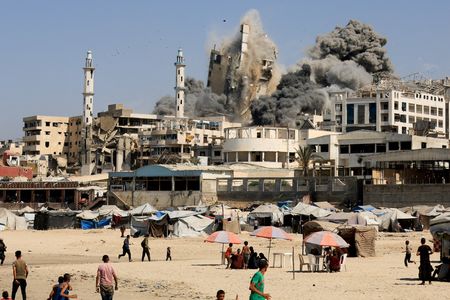TEL AVIV (Reuters) – Qatar and the United States are on the verge of finalising an enhanced defence cooperation agreement, top U.S. diplomat Marco Rubio said on Tuesday, after Israel’s attack on Hamas political leaders in Qatar last week drew widespread condemnation.
The attack in Doha was especially sensitive as Qatar is a close U.S. ally and home to the biggest U.S. military base in the Middle East. Qatar has been hosting and mediating ceasefire talks – alongside Egypt – since the Gaza war started nearly two years ago.
Rubio, who was on his way to Doha from Tel Aviv, called for Qatar to continue its role as a mediator between Israel and Hamas to reach a ceasefire in the Gaza war, saying there was “a very short window of time in which a deal could happen.”
“If any country in the world can help mediate it, Qatar is the one. They’re the ones that can do it,” Rubio said while departing Tel Aviv for Doha.
“We have a close partnership with the Qataris. In fact, we have an enhanced defence cooperation agreement, which we’ve been working on, we’re on the verge of finalising,” Rubio said, without elaborating.
Qatar called the Israeli attack “cowardly and treacherous,” but said it wouldn’t deter it from its role as a mediator, alongside Egypt and the United States.
During a visit in May, Trump had assured gas-rich Qatar that Washington would protect it if it ever came under attack. He said he was not informed by Israeli Prime Minister Benjamin Netanyahu in advance about Israel’s attack.
Netanyahu threatened to attack Hamas leaders “wherever they are” during a press conference with Rubio on Monday, as the heads of Arab and Islamic states held a summit to back Qatar after Israel’s attack last week in the Gulf state.
Trump said he was unhappy with Israel’s strike, which he described as a unilateral action that did not advance U.S. or Israeli interests.
He sought to assure the Qataris that such attacks would not happen again during a meeting the Qatari prime minister in New York on Friday.
(Reporting by Simon Lewis, Writing by Nayera Abdallah; Editing by Michael Georgy, Kim Coghill and Lincoln Feast.)

